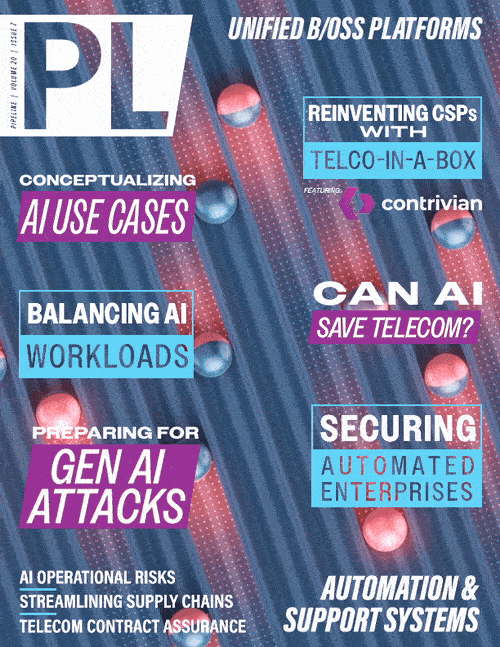Enterprise Contract Assurance for Telecoms:
Maximizing the Value of your Contracts
Data-Intensive Analysis: Managing and analyzing large volumes of data is crucial for operational expense forecasting and budgeting. This involves understanding contract terms, expenses, and obligations, and using data to make informed financial decisions.
Real-Time Monitoring: Establishing systems for real-time monitoring, especially for SLA (Service Level Agreement) breach notifications, is essential. This ensures that any issues are promptly identified and resolved, maintaining service quality and contract compliance.
Solutions through Contract Assurance
To address these challenges, organizations need to turn to Contract Assurance, an approach that provides an independent review of contractual arrangements to ensure key requirements are being met. Contract Assurance emerges as a comprehensive solution to these problems, leveraging the power of AI for data ingestion and machine learning for adaptable, scalable, and agile operations. Key components of a robust Contract Assurance solution include:
AI-Based Data Extraction: This involves using advanced AI technologies, including large language models (LLMs) like GPT-4, to efficiently extract crucial information from various contract formats. Integration with systems like ChatGPT allows for a more interactive and intuitive extraction process. This AI-driven approach ensures accuracy and timeliness in data extraction, catering to different contract structures and contents. The use of LLMs, in particular, enables the extraction of nuanced information, interpretation of complex contractual terms, and provision of insights that go beyond basic data retrieval.
Adaptability and Scalability: A core feature of an effective Contract Assurance solution is its ability to quickly adapt to changes in business environments, market dynamics, and regulatory requirements. It should also be scalable, meaning it can handle increased workloads or expand its capabilities in line with business growth. This flexibility ensures that the contract management processes remain efficient and relevant regardless of the organization's size or market changes.
Performance Monitoring: Real-time tracking of contractual obligations and compliance is crucial. Performance monitoring includes overseeing the execution of contracts, ensuring that service levels and deliverables meet the agreed standards. This not only aids in maintaining contractual integrity but also plays a significant role in enhancing customer satisfaction and trust.
Compliance Verification: This aspect ensures that all contractual activities adhere to relevant laws, regulations, and internal policies. By verifying compliance, Contract Assurance solutions help mitigate legal and regulatory risks, protecting the organization from potential fines, legal disputes, and reputational damage.
Risk Assessment: Proactive risk assessment is a key feature of Contract Assurance. It involves identifying and evaluating potential risks associated with contracts, such as financial risks, compliance risks, or operational risks. Effective risk assessment enables organizations to develop and implement strategies to mitigate risks before they materialize into significant issues.
Assurance Capabilities: A crucial element of Contract Assurance is the reconciliation of contracts with vendor invoices. This process ensures that the services or products billed by vendors align with the contractual agreements. This verification helps in identifying discrepancies, preventing over payments, and ensuring that all charges are justified and in accordance with the agreed terms.
Revolutionizing Contract Management with Technology
The digitization of contract management through advanced technology revolutionizes how organizations handle their contracts and offers multiple benefits:
Centralized Repositories: Digitization allows for the creation of centralized repositories where all contracts can be securely stored and easily accessed. This centralization not only simplifies the management process but also enhances the visibility of contract details across the organization. It ensures that all stakeholders have access to the same information, facilitating better decision-making and reducing the likelihood of errors.



















